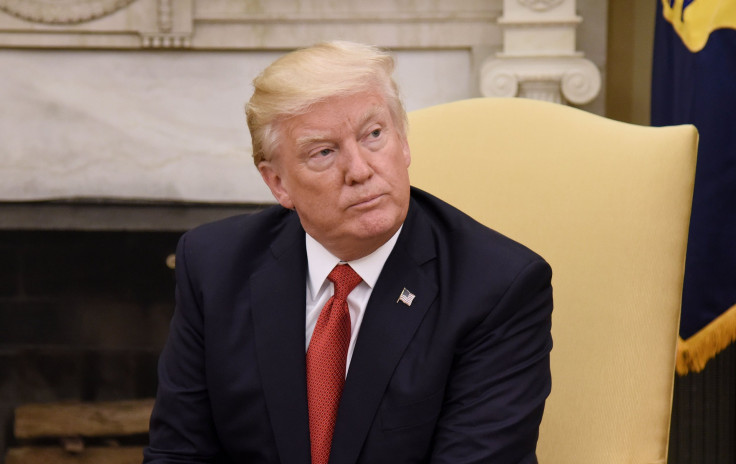What Is Religious Freedom Day Announced By President Trump?

President Donald Trump proclaimed Jan. 16 as Religious Freedom Day, the White House announced Tuesday morning. It was "to commemorate the 232nd anniversary of the passing of a State law that has shaped and secured our cherished legacy of religious liberty," he said in a proclamation.
In 2017, Trump signed an executive order to this measure that allowed "religious liberty” in the aspects of politics allowing for broader tax exemptions so that Americans are able to follow their consciences without undue government interference.
Religious organizations were always exempted from tax provided they stay clear from any form of political speech or avoid endorsing a particular political campaign that aligns itself with certain religious beliefs. The Johnson Amendment that assures the tax exemption with a caveat, is perceived as a hindrance to free speech by the president. He vowed to dismantle the amendment in 2016, and a year later he made his first move by signing the executive order.
What is Johnson Amendment?
The Johnson Amendment prevents religious houses, charities and universities from wielding their influence in political campaign. Dismantling the Johnson Amendment can violate the separation of church and the state law that former President Thomas Jefferson elucidated in the Virginia Statute of Religious Freedom.
Trump believes the tax exemption is a tool to coerce the religious institutions to quell free speech and violate first amendment right to “choose and exercise faith without government coercion or reprisal."
The move derived vast criticism from civil liberty groups, who argue this proclamation can only serve as a cornerstone to reverse Obamacare mandate for contraception in healthcare. The mandate states companies should provide free contraceptives to women. However, in the 2014 Hobby Lobby Supreme Court case the court ruled in favor of the company who refused to comply with the mandate and said enforcing the rule with only impede with the core Religious Belief.
Our freedom of religion is not a #LicenseToDiscriminate. @POTUS, we will see you in court, again. pic.twitter.com/JZgaWcu6Px
— ACLU (@ACLU) May 4, 2017
Many have argued abolishing the Johnson Amendment could also spur prejudices and bigotry as witnessed in the Masterpiece cake shop v/s civil rights commission case where the cakemaker refused to cater to the needs of a gay couple. The country was divided between religious zealots who believed in their right to withhold service in name of religious belief and civil rights activists who perceived this as an act of aggression and prejudice against the LGBT community.
While President Trump does not target the specific case, he did subtly allude to the cases in his proclamation. He said “No American — whether a nun, nurse, baker, or business owner — should be forced to choose between the tenets of faith or adherence to the law.”
Former President Barack Obama while declaring Jan. 17 as Religious Freedom Day in the last month of his tenure, stressed the pertinence of practicing religion devoid of bigotry politics, prejudices and bias.
He said, " If we are to defend religious freedom, we must remember that when any religious group is targeted, we all have a responsibility to speak up. At times when some try to divide us along religious lines, it is imperative that we recall the common humanity we share -- and reject a politics that seeks to manipulate, prejudice, or bias, and that targets people because of religion. Part of being American means guarding against bigotry and speaking out on behalf of others, no matter their background or belief -- whether they are wearing a hijab or a baseball cap, a yarmulke or a cowboy hat."
Trump declared the U.S. will continue to fight and condemn extremism practiced in the name of religion. "We will be undeterred in our commitment to monitor religious persecution and implement policies that promote religious freedom," he added.
© Copyright IBTimes 2025. All rights reserved.





















